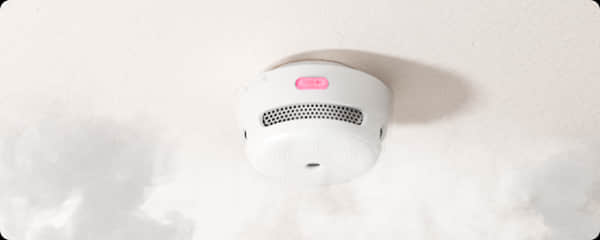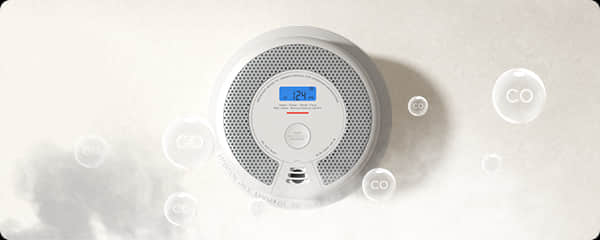How to Turn off Water Alarm
Wed, Feb 15, 2023
Water leaks can happen in your house due to any number of problems. For example, water can leak from a damaged roof, from faulty plumbing (both pipes and fixtures), from faulty appliances such as a washing machine or refrigerator. Severe leaks can cause serious water damage; however, even small leaks can have a big impact, especially when it comes to water bills. Unfortunately, water leaks are often difficult to detect, which is why you should consider installing a water leak detector.
What is a water leak detector?
Water leak detectors utilize sensors to identify even the smallest water leaks. Electronic water leak detectors are equipped with sensors that can identify water leaks by sound. These sensors trigger an alarm to alert you of a water leak in your home, and where it is located. New smart water leak detectors use a central hub that can notify you of leaks via text message, meaning you don't have to be within earshot of your alarm clock to realize there's a leak somewhere. This feature is especially useful if you are away from home.
Benefits of installing a water leak detector
Here are a few reasons to consider installing a water leak detector:
Prevents serious water damage - If a water main breaks while you're not home, you'll be notified instantly that there's a problem. Many water leak detection systems have automatic valve closing features, or allow you to remotely shut off the water supply. Even smaller leaks can cause water damage because they are harder to identify. A water leak detector can spot these leaks.
Reduce water bills - Even a small leak can cause a lot of wasted water, which can greatly affect your water bill. Finding the leak and fixing it right away can help keep your water bill under control.
Greener - By notifying water leaks immediately, you can prevent water wastage and thus make your home greener.
Steps to take when your water leak detector beeps
Water leak detectors will let you know if your home is leaking, but it's up to you to actually fix the problem. If your water leak detector goes off, you should take the following steps:
Identify the source of the leak - A smart leak detection system will tell you which area of your home is leaking. If the sensor in the attic is triggered, there's a good chance the roof is leaking. If a sensor in the kitchen or bathroom is triggered, you can assume it's a problem with your plumbing system.
Take the necessary precautions - go to the source of the leak and figure out how bad it is. For example, if your basement is flooded, you may want to turn off the power and start moving personal items that are at risk of water damage. If there is a leak in the ceiling or attic, placing buckets in place of the leak can prevent potential water damage.
Cut off the water supply - If the leak is in your plumbing system (and not a small open leak, like a leaking faucet), then you may want to cut off the water supply to prevent serious water damage. Many smart water leak detection systems can be interfaced with shut-off valves that can be automatically triggered if a leak in the plumbing system is detected.
Make an appointment - If your roof is leaking, you need to contact a professional roofer. If the leak is from your plumbing system or an appliance connected to your plumbing system, you will need to make an appointment with a licensed plumber. A licensed plumber will determine the root cause of the leak and fix it.











